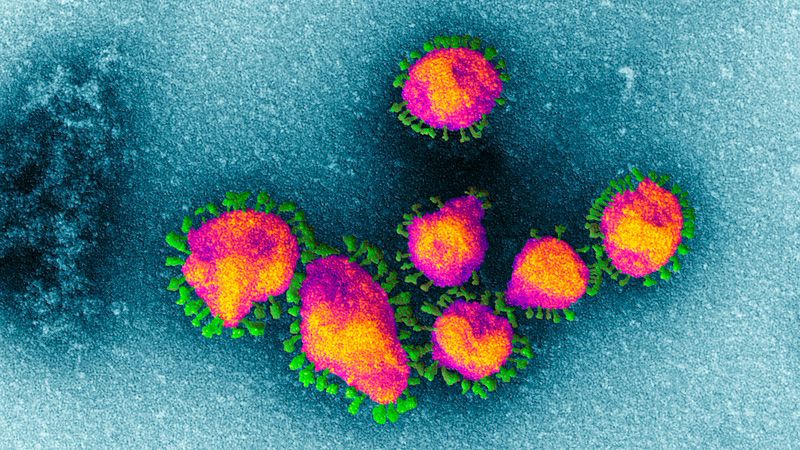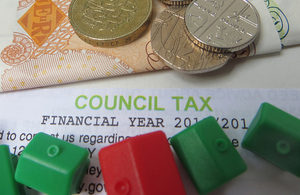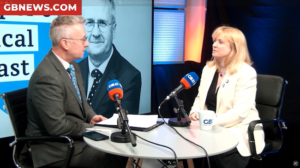Migrant sexual violence survivors face global COVID-19 threat

Forced migrant survivors of sexual and gender-based violence (SGBV) face increasingly serious problems – some life-threatening – as a result of the coronavirus pandemic and associated restrictions, a new study reveals.
Researchers found COVID-19’s impact on these people – largely women – and organisations supporting them in the UK, Turkey, Tunisia, Sweden and Australia creates difficulties in daily life that also increase their vulnerability to further abuse and exploitation.
And they are now calling on governments and service providers to take immediate action that ensures forced migrant survivors of SGBV stay as safe as possible during the immediate crisis and beyond.
Jenny Phillimore, Professor of Migration and Superdiversity, commented: “We need urgent action to meet the needs of some of the world’s most vulnerable people, so that they can survive the coronavirus crisis and move on with their lives when it has passed without encountering further harm.
“Access to free medical services without the risk of detention is obvious, but survivors also need cash to cover food and hygiene costs, access to digital devices to enable them to reach online services and remotely school their children and safe shelter away from perpetrators.”
Additionally, undocumented migrant survivors feared seeking medical help – scared of being detained and/or deported. Living in shelters and overcrowded shared accommodation left some unable to self-isolate – creating health risks and anxiety about contracting the virus.
Some individuals went hungry struggling to receive support due to pandemic restrictions. Work previously available in the informal economy disappeared leading to a loss of income generation opportunities and destitution sometimes couple with the threat of eviction.




